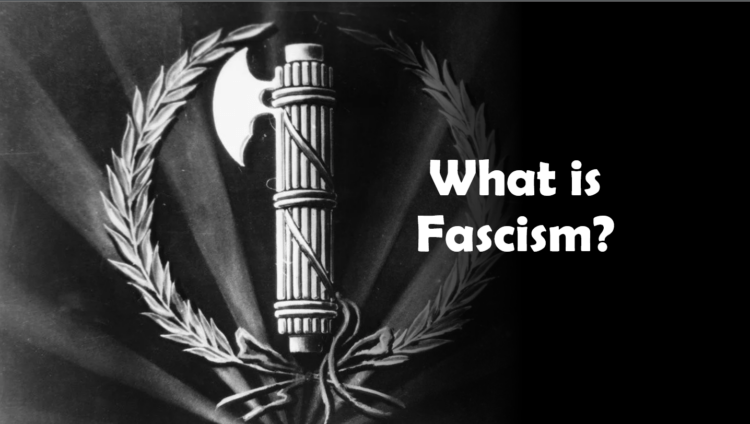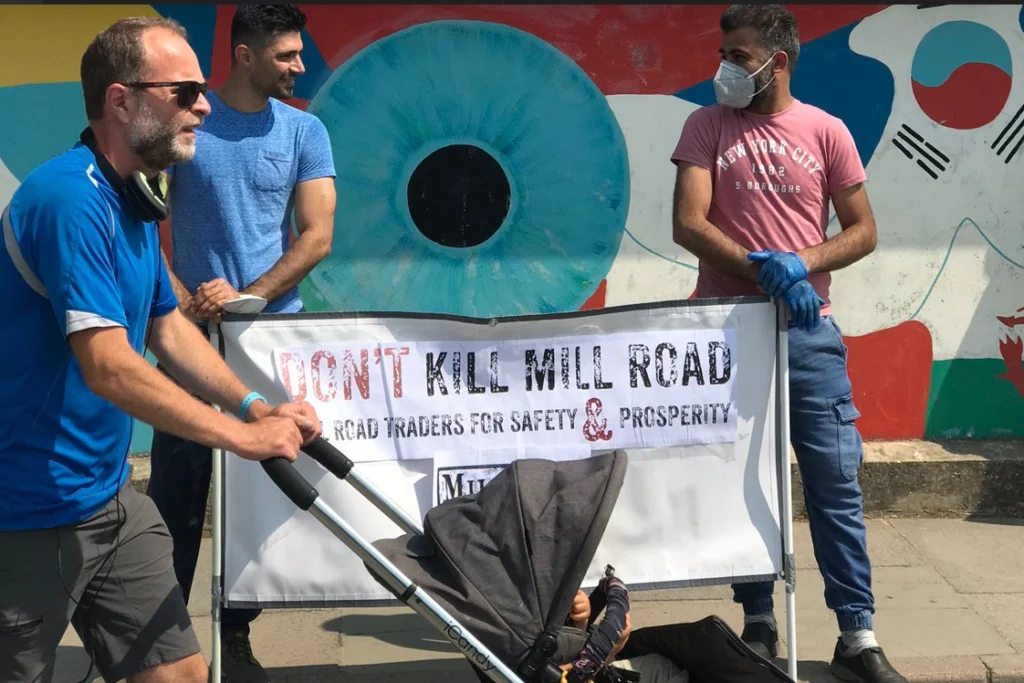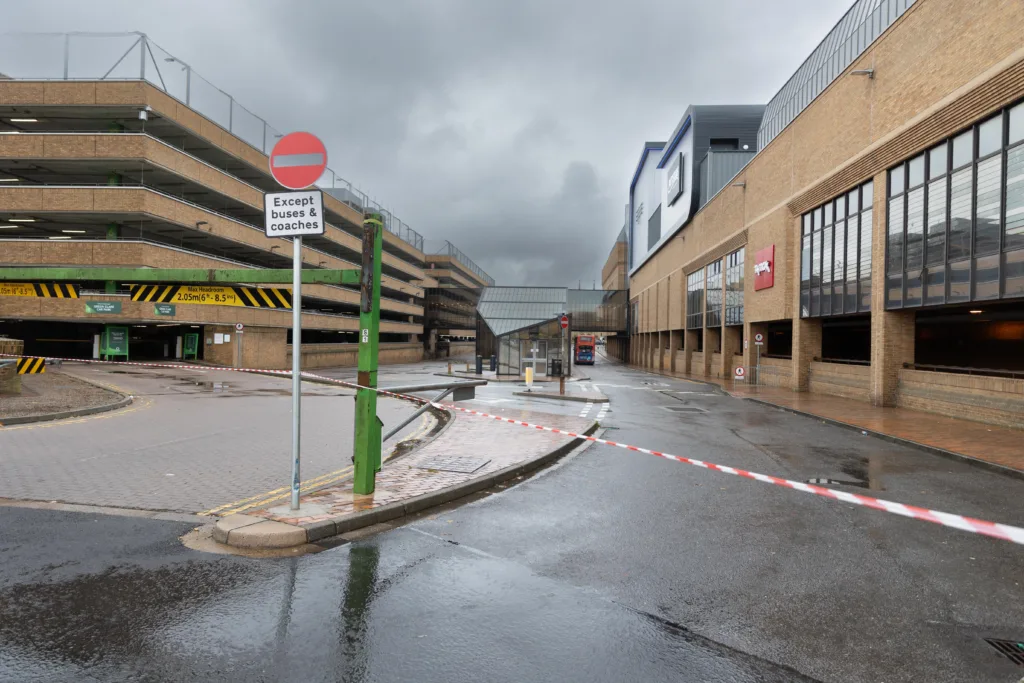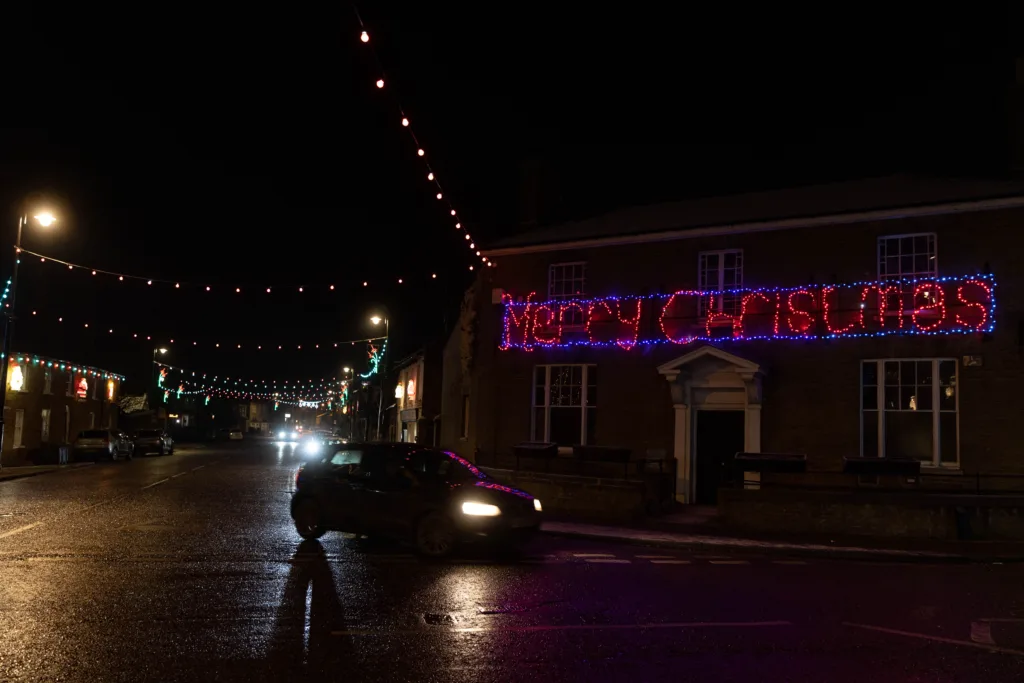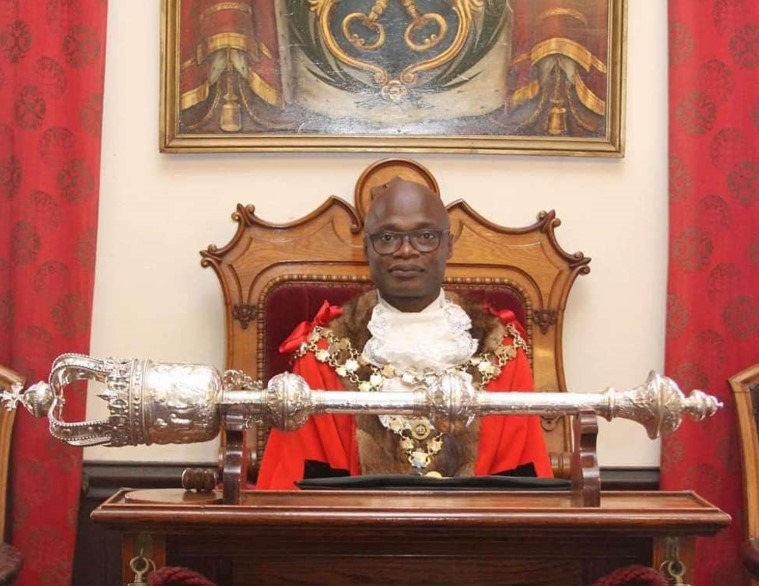The Cambridge Festival 2025, taking place from March 19 to April 4, offers a unique opportunity to explore the connections between historical events and the pressing challenges of today’s world.
This year’s festival brings together experts to lead thought-provoking talks, exhibitions, and immersive experiences that shed light on political extremism, migration, identity tensions, and the global search for justice.
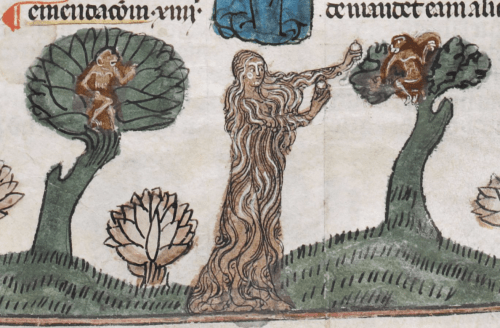
Key Highlights Include:
Philippe Sands – 38 Londres Street (April 1)
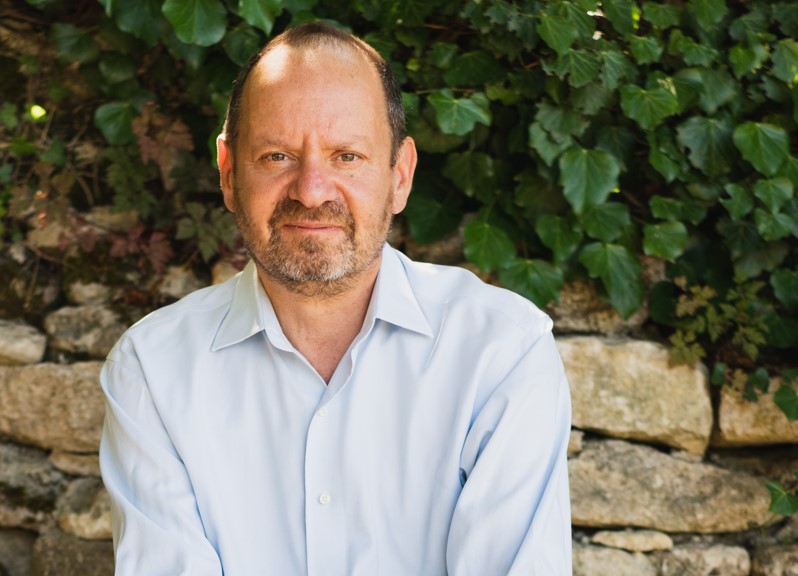
Renowned human rights lawyer Philippe Sands will launch his new book 38 Londres Street and deliver a compelling talk on the legacy of Nazi war criminals. His exploration of SS officer Walther Rauff’s post-WWII life in Chile emphasises the importance of confronting impunity to achieve global justice.
Professor Martin A. Ruehl – What is Fascism? (March 20)
Professor Martin Ruehl will explore the lasting appeal of fascism and its influence on contemporary debates about democracy, free speech, and political accountability, urging reflection on both historical ideologies and modern-day political challenges.
Dr Erin MB O’Halloran – Cambridge Prehistory of Partitions walking tour (March 21-22)
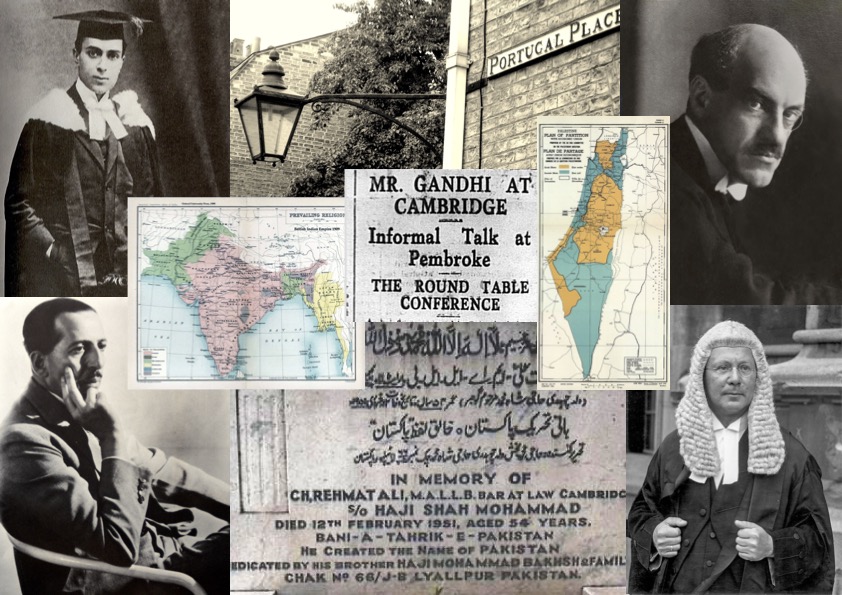
Dr O’Halloran’s walking tour will examine the historical roots of colonial partitions in India, Pakistan, and Israel, exploring Cambridge’s role in shaping these pivotal moments of self-determination and their ongoing impact on global conflicts today.
Alexandra Zhirnova – Mary of Egypt: A Black Saint in Anglo-Saxon England? (March 22)
Zhirnova’s talk explores how race, gender, and religion intersect in medieval England through the figure of Mary of Egypt. By examining her portrayal as a dark-skinned saint, Zhirnova challenges dominant narratives of race and virtue in early Christianity, offering new insights into the ongoing conversation about racial justice.
Dr Robert Rohland – How Did the Greeks and Romans Seize the Day? (March 26)
Dr Rohland will take a light-hearted look at how ancient Greek and Roman cultures embraced the idea of Carpe diem, exploring how the pursuit of joy and living in the moment shaped daily life then—and how it continues to influence modern culture today.
Curious Cures: Medicine in the Medieval World exhibition (March 27)
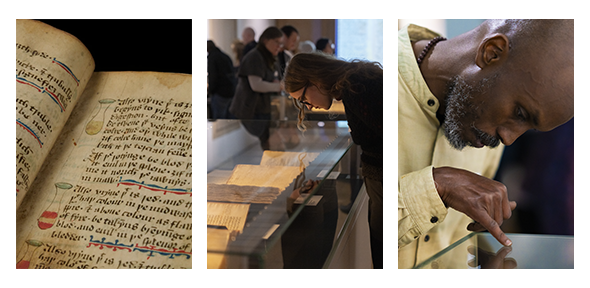
This exhibition, opening on March 27, will explore medieval approaches to health and disease, highlighting surprising parallels with modern-day healthcare challenges. From herbal remedies to surgical techniques, it will illuminate how medieval practices still resonate in our conversations about health and accessibility.
Dr Harry Cliff – The Discovery Factory: 150 Years of the Cavendish Laboratory (March 27)
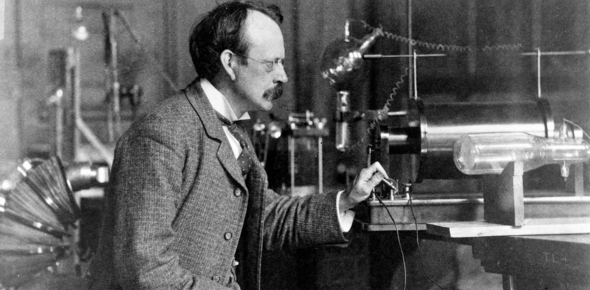
Dr Harry Cliff will celebrate the scientific breakthroughs made at the Cavendish Laboratory, including the discovery of DNA, and discuss how these innovations continue to shape science and technology in the face of global challenges like climate change and technological progress.
Amélie Deblauwe, Irène Fabry-Tehranchi, and Błażej Władysław Mikuła – Unveiling the Secrets of Merlin (March 26)
This talk will showcase how modern digitisation techniques, including multispectral imaging and X-ray technology, are unlocking the mysteries of a 16th-century French manuscript of the Merlin legend, offering fresh insights into fragile texts lost to time.
Kit Treadwell – Who Was King Arthur? (March 22)
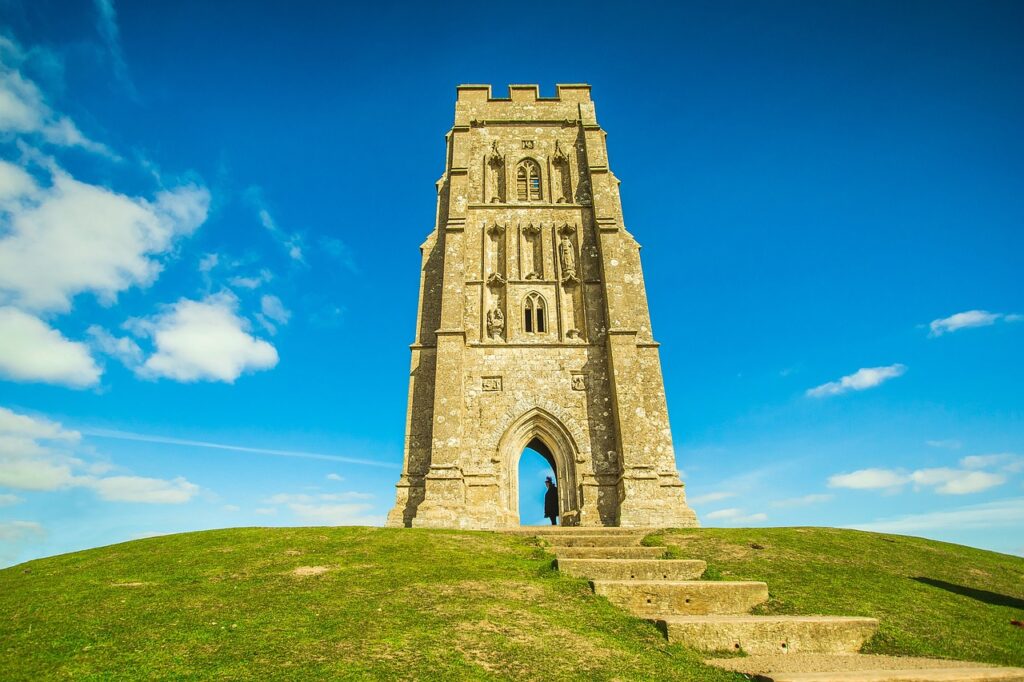
Treadwell will explore how medieval authors adapted the Arthurian legend to engage with issues of identity, tolerance, and coexistence, reflecting on how these themes remain relevant in today’s world.
Dr Pippa Steele – Can ancient dead languages save today’s endangered languages? A tale of identity and visibility (March 28)
Dr Steele will explore the intersection of ancient languages and contemporary issues, showing how the preservation of ancient scripts can contribute to saving endangered modern languages, offering vital insights into cultural preservation and identity.
Professor Serafina Cuomo – Accounts and Accountability in Antiquity (April 1)
Professor Cuomo will delve into the legacy of ancient documents like Athenian inscriptions and Egyptian papyri, drawing parallels between the ancient world’s systems of trust and governance and modern-day challenges in transparency, accountability, and political authority.
Scientific Women at the Whipple Museum (March 29)
This special exhibition will honour the contributions of women in science, including pioneers like Rosalind Franklin and lesser-known figures in astronomy and chemistry, highlighting their vital role in scientific progress and aligning with ongoing calls for gender equality in STEM fields.
The Cambridge Festival 2025 offers a unique platform to explore how the past continues to shape our understanding of today’s global issues. Through expert-led talks, exhibitions, and immersive experiences, the festival fosters critical conversations on political ideologies, historical struggles for self-determination, race and identity, medical practices, and scientific advancements.
Socials: Facebook: CambridgeFestival | Instagram: @Camunifestivals | LinkedIn: cambridge-festival | Blue Sky: @cambridgefestival.bsky.social | Tik Tok: @cambridgefestival
About the Cambridge Festival
The Cambridge Festival is an annual multidisciplinary event that brings together the University of Cambridge’s cutting-edge research and creative thinking. Offering a diverse array of events across science, technology, health, arts, humanities, and social sciences, the festival invites all to explore new ideas, engage with experts, and engage in conversations that shape our understanding of the world.


